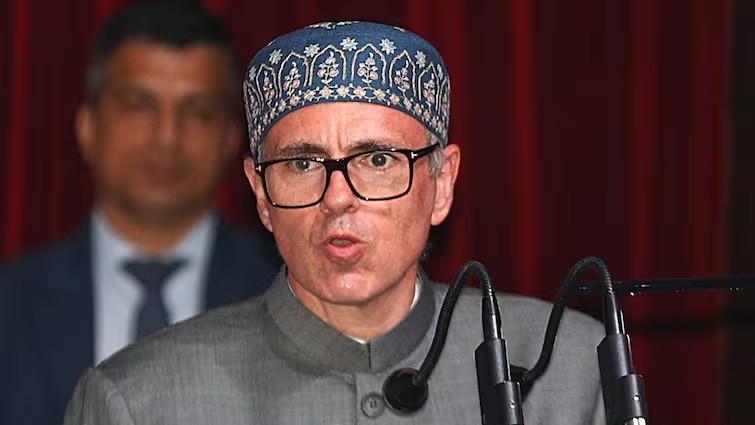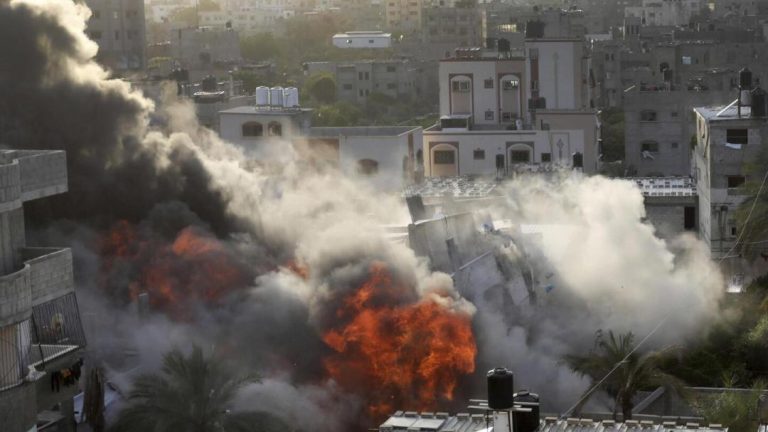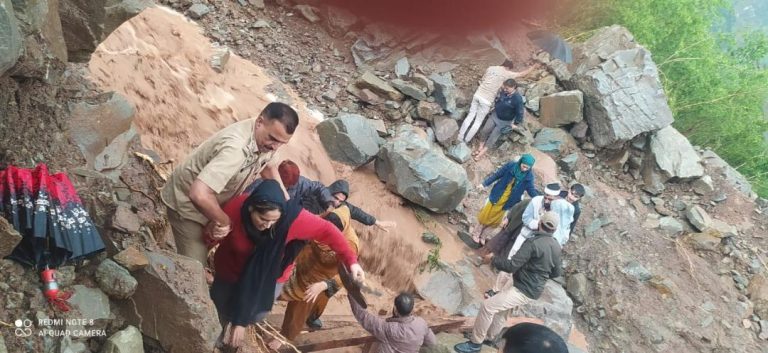
Normalcy in J&K Post Art 370 Abrogation is Forced, Not Organic: CM
The abrogation of Article 370 from Jammu and Kashmir has been a topic of much debate and discussion in recent times. The Central Government had scrapped the special status of the state in August 2019, paving the way for its reorganization into two union territories – Jammu and Kashmir, and Ladakh. Ever since, the region has been under a strict security clampdown, with restrictions on movement and communication.
While the Central Government has claimed that normalcy has been restored in the region, the local population has been less than convinced. In a recent statement, Jammu and Kashmir Chief Minister Omar Abdullah echoed the sentiments of many when he said that the normalcy in the region was “forced” and not organic.
“If what is happening in J&K is organic, then nothing like it. If it is driven out of fear, then there’s a problem,” Abdullah said. “But I’ll hazard that people don’t believe it is organic,” he added.
Abdullah’s statement is a stark reminder of the harsh realities faced by the people of Jammu and Kashmir. Despite the claims of normalcy, the region continues to be beset by challenges. The restrictions on movement and communication remain in place, and the fear of the unknown continues to grip the minds of the people.
The abrogation of Article 370 was a highly controversial move, which was met with widespread protests and resistance from the people of Jammu and Kashmir. The move was seen as a betrayal by many, who felt that the Central Government had reneged on its promises to the state.
The response of the Central Government has been to claim that the move was necessary to bring the region in line with the rest of the country. They argue that the special status granted to Jammu and Kashmir under Article 370 was a relic of the past, and that it was hindering the region’s development.
However, the people of Jammu and Kashmir have a different perspective. They feel that the abrogation of Article 370 has only served to further alienate them from the rest of the country. They feel that the move has been driven by political considerations, rather than any genuine desire to bring about development and prosperity to the region.
The economic situation in Jammu and Kashmir is also a major cause for concern. The region has been facing severe economic challenges, with many businesses forced to shut down due to the restrictions and lack of communication.
Tourism, which was once a major source of revenue for the state, has come to a grinding halt. The lack of communication has made it impossible for tourists to visit the region, and the local hotel owners are struggling to make ends meet.
The situation is equally bleak for the local farmers. The restrictions on movement have made it impossible for them to transport their produce to the markets, leading to a severe shortage of fresh vegetables and fruits.
The people of Jammu and Kashmir are also worried about their future. The abrogation of Article 370 has raised questions about their citizenship and their rights as Indians. Many are worried that the move has set a precedent for the Central Government to scrap the special status of other states.
In conclusion, the normalcy in Jammu and Kashmir post the abrogation of Article 370 is certainly not organic. The region is still reeling under the effects of the move, and the people are struggling to come to terms with the new reality. The Central Government’s claims of normalcy are belied by the harsh realities faced by the people of Jammu and Kashmir.
As Omar Abdullah said, the normalcy in Jammu and Kashmir is “forced” and not organic. It is time for the Central Government to take a more nuanced approach to the region and to address the concerns of the people. Anything less would be a betrayal of the trust placed in them by the people of Jammu and Kashmir.





